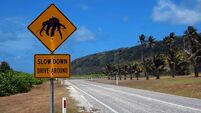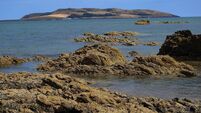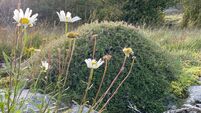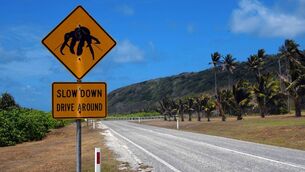This free walking trail will introduce to you Cork City's 'Pana otter' population
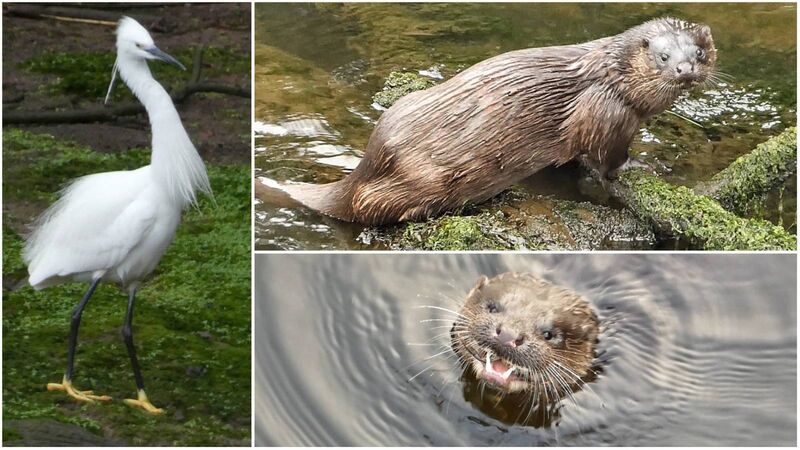
A yellow-footed egret and otters seen in Cork city — River Bride at Orchard Court. Pictures: Chris Moody
“There! Is that one?” Chris points excitedly at the riverbank, peering through his binoculars studiously.
“Ah, a moorhen,” he says, a little deflated, but pausing long enough with the binoculars to admire its red beak and downy black feathers. “Sometimes you see egrets too, they wear 'marigold gloves'.”




